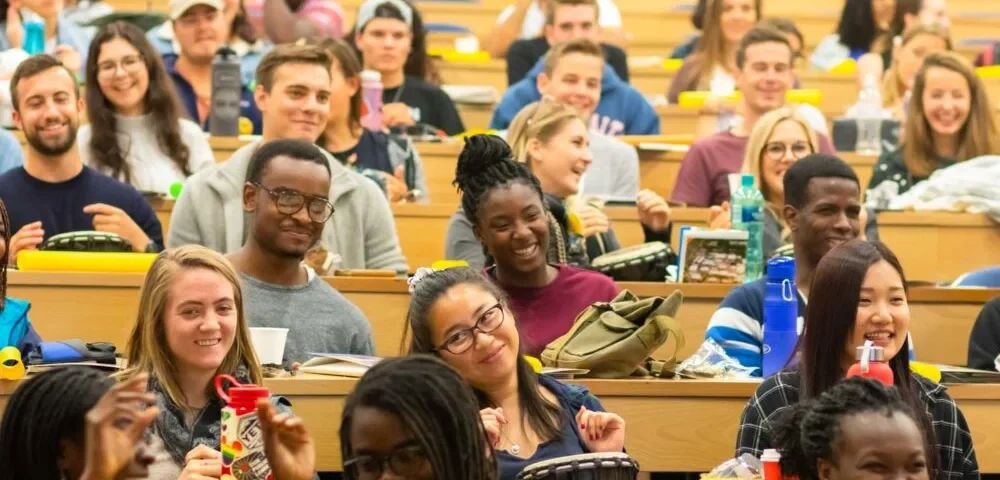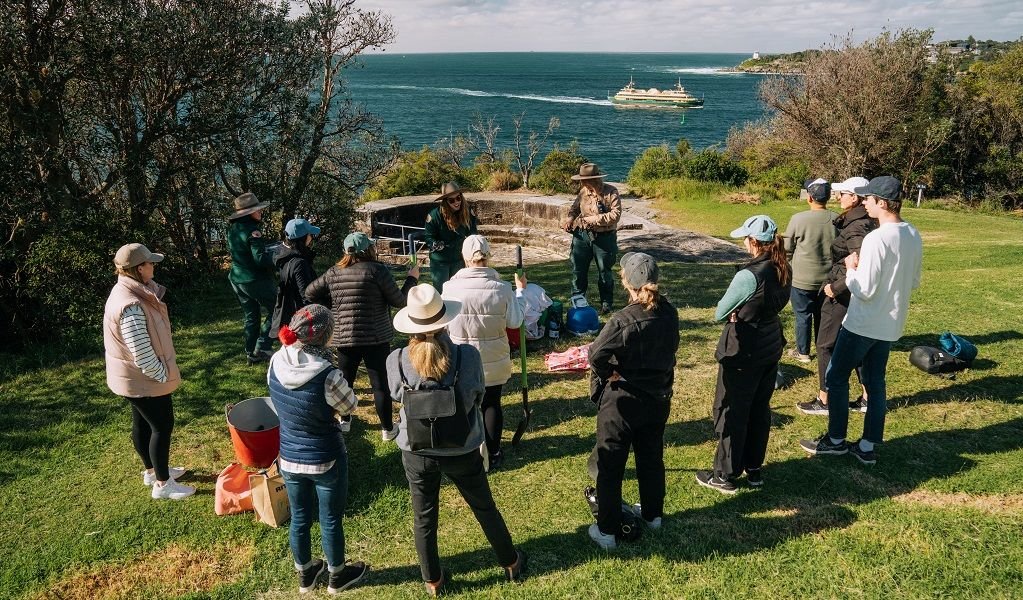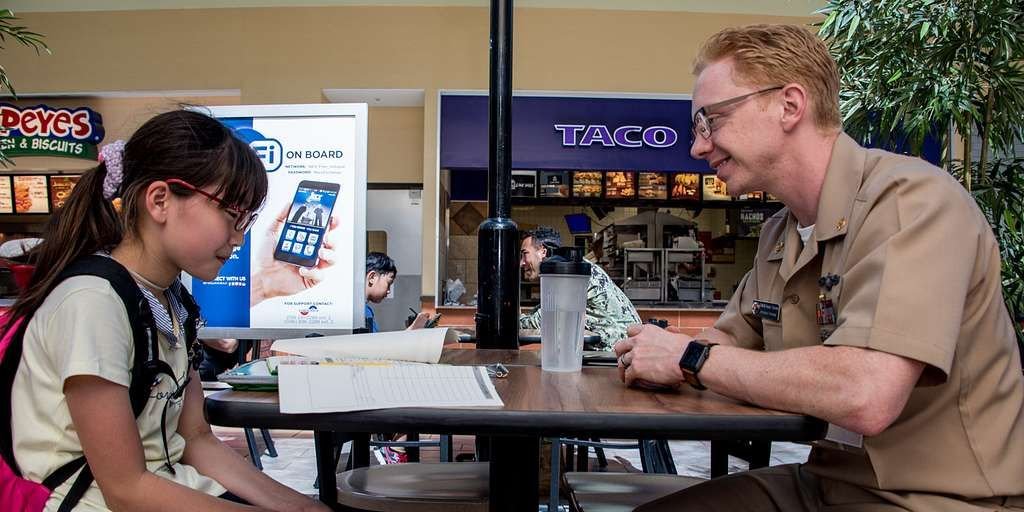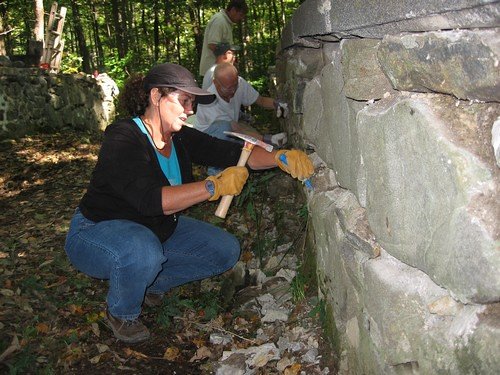Physical Address
304 North Cardinal St.
Dorchester Center, MA 02124


Discover transformative volunteer travel experiences
Discover how to choose perfect cultural volunteering destinations worldwide. Budget-friendly programs, safety tips, and authentic cultural immersion opportunities for meaningful volunteer travel experiences.
Have you ever dreamed of wandering through bustling markets, teaching English to enthusiastic children or preserving ancient traditions with local artisans? Cultural volunteering while travelling provides access to authentic experiences that conventional tourism simply cannot offer. This ultimate guide reveals how to choose destinations that perfectly align with your passion for meaningful cultural exchange.
Imagine sitting cross-legged in a Balinese temple, sharing stories with monks and helping to preserve centuries-old manuscripts. The scent of incense mingles with the fragrance of tropical flowers, and golden sunlight filters through the temple’s intricate stone carvings. This isn’t just travel, it’s a transformative experience through service.
Cultural volunteer tourism goes beyond typical sightseeing, enabling you to forge genuine connections with local communities. Unlike traditional tourism, it allows you to become part of daily life, sharing your skills and absorbing wisdom from diverse cultures.
As you help to preserve traditional cooking methods in Morocco’s Atlas Mountains, the aroma of freshly ground spices fills the air. Local grandmothers will teach you ancient recipes that have been passed down through the generations. Their weathered hands will guide yours as you knead dough for traditional bread. This intimate cultural exchange benefits both volunteers and the local community.
Language Exchange Programs

Language Exchange Programs
Arts and Crafts Preservation

Arts and Crafts Preservation
Heritage Conservation

Heritage Conservation
Thailand beckons cultural volunteers with its blend of spiritual depth and vibrant community life. Picture yourself teaching English to Buddhist monks in Chiang Mai while learning meditation techniques that have been used to calm the mind for millennia. As the morning mist clings to temple spires, children’s laughter echoes through monastery courtyards.
Cost Range: $200-400 per week including accommodation Best Time: November to February
Vietnam offers incredible opportunities for cultural immersion through education and community development. Imagine being in a bustling Hanoi classroom, surrounded by eager students who are inspired by your every word, and who inspire your own growth in return.
Peru ,Peru’s cultural volunteer programmes connect you with indigenous Quechua communities high in the Andes. As you help to preserve ancient weaving techniques alongside master craftswomen whose families have practised these arts for generations, the thin mountain air carries the sound of traditional flutes.
Guatemala-Guatemala’s colourful markets come alive with volunteer opportunities supporting Mayan communities. Contribute to women’s cooperatives and learn traditional handicraft techniques while the earthy scent of fresh tortillas mingles with vibrant textiles.
Ghana -Ghana welcomes volunteers into vibrant communities where the pulse of daily life is accompanied by the sound of drums. You could find yourself teaching computer skills in rural schools while learning traditional Akan drumming patterns that recount the stories of ancient kingdoms.
Morocco -Morocco’s kasbahs hold treasures waiting to be discovered by cultural volunteers eager to preserve Berber traditions. As you document oral histories with elderly storytellers in remote mountain villages, desert winds carry the haunting melodies of traditional oud music.
Romania– Romania offers a unique opportunity to support rural communities and experience authentic European folk traditions. As you help preserve traditional crafts in villages where time seems frozen in amber, ancient wooden churches dot the Carpathian landscape.
Workaway Programs Workaway connects volunteers with hosts worldwide for cultural exchange. In exchange for accommodation and meals, you contribute 20–25 hours of work per week, making this a perfect option for those looking for an extended cultural immersion experience on a minimal budget.
Average Cost: $50-100 monthly membership plus travel
The WWOOF (World Wide Opportunities on Organic Farms) programme extends beyond agriculture into cultural preservation projects. Stay with families who are preserving traditional farming methods and learn about regional customs and languages.
International Volunteer HQ (IVHQ) offers structured cultural programmes starting at just $180 per week. Their teaching programmes in Thailand include accommodation, meals and a comprehensive cultural orientation.
Volunteer Solutions Programs beginning at $200 weekly provide cultural immersion opportunities across Asia, Africa, and Latin America with full support systems for first-time volunteers.
Choose Longer Programs Extended stays often reduce weekly costs significantly. A four-week commitment typically costs 30% less per week than shorter programs.
Travel During Off-Peak Seasons Shoulder seasons offer lower program fees and more intimate cultural experiences with smaller volunteer groups.
Combine Multiple Programs Link volunteering experiences across neighboring countries to share transportation costs while maximizing cultural diversity.
Think about the unique skills you could contribute to a cultural exchange programme. Are you naturally patient with children? If so, teaching programmes might be perfect for you. Do you have artistic talents? Crafts preservation projects could be just the thing to ignite your passion.
I remember meeting Sarah, a graphic designer who turned her technical skills into a meaningful cultural endeavour by helping indigenous artists in Ecuador to digitise their traditional patterns for preservation, all the while respecting cultural protocols.
Religious considerations Some destinations have modest dress codes or dietary restrictions. For example, Buddhist communities may expect vegetarian meals and respectful behaviour in temples.
Language barriers While not always necessary, basic knowledge of the local language can greatly enhance cultural immersion. Even simple greetings demonstrate respect and open hearts.
Understanding cultural protocols, such as gift-giving customs, greeting etiquette and social hierarchies, helps to prevent inadvertent offence and build authentic relationships.
Community-Led Initiatives Choose programmes developed by local communities, rather than those imposed by external organisations. True cultural exchange happens when communities direct their own development.
Sustainable Practices Ensure that programmes create lasting positive change rather than dependency. The most effective cultural volunteering programmes empower communities by equipping them with the necessary skills and resources.
Transparency in Funding Reputable organisations make it clear how volunteer fees support local projects and community development.
Health precautions: consult a travel medicine specialist six to eight weeks before you leave. Required vaccinations vary by destination and some require multiple doses over time.
Comprehensive travel insurance, including medical evacuation, is essential for remote volunteer locations. Many standard policies exclude volunteer activities.
Register with your embassy for emergency planning purposes and maintain emergency contact lists including local authorities, programme coordinators and medical facilities.
Cultural awareness-Understanding local customs can prevent misunderstandings that could compromise safety. Dress codes, interaction protocols and behavioural expectations can vary dramatically from one culture to another.
Communication protocols-Establish regular check-ins with family and programme coordinators. Share itineraries and use multiple communication methods.
Financial security: distribute funds across multiple sources and avoid displaying valuable items. Many volunteer locations have limited banking facilities.
It was on the dusty streets of a Rajasthani village that I first volunteered abroad and learned patience. What initially seemed like chaos gradually revealed the intricate patterns of community life. Seeing children play cricket with makeshift bats amongst sacred cows became a metaphor for finding joy within different structures.
Immersion techniques Volunteer work provides natural language-learning opportunities. Teaching English can improve your communication skills and enable you to learn local languages through daily interactions.
Understanding the cultural context behind language can help to avoid misunderstandings. Addressing systems, non-verbal communication and the interpretation of silence can vary significantly between cultures.
Approach cultural learning with patience and humility, and with genuine curiosity rather than judgement. Remember that your volunteers benefit as much from cultural exchange as the communities you serve.
Reciprocal learning Share your own cultural perspectives while remaining open to different worldviews. The most meaningful volunteering experiences are those that involve mutual learning and respect.
Tourist Visas Most cultural volunteer programs operate under tourist visa classifications. These typically allow 30-90 day stays with possible extensions.
Volunteer Visas Some countries offer specific volunteer visas for longer-term commitments. These often require sponsorship letters from recognized organizations.
Working Holiday Visas Available for certain age groups and nationalities, these provide flexibility for extended cultural immersion combined with volunteer work.
Seasonal Considerations
The Cultural Calendar aligns visits with local festivals and cultural celebrations, providing opportunities for deeper immersion. Unique volunteer contexts are provided by events such as Diwali in India, Songkran in Thailand and harvest festivals worldwide.
Maria, an archaeology student from Spain, spent three months helping to restore Angkor-era temples in rural Cambodia. ‘The ancient stones seemed to whisper stories as we carefully cleaned away centuries of moss and debris. Local artisans taught her traditional restoration techniques, which she documented for future preservation.
Her morning routine began with meditation alongside Buddhist monks, followed by meticulous restoration work while the calls of tropical birds echoed from the surrounding jungle. In the evenings, she took part in language exchange sessions, teaching Spanish while learning Khmer.
Ahmed, a linguistics graduate, documented endangered Berber dialects in the High Atlas Mountains of Morocco. “Sitting with elderly storytellers under the starry desert sky, recording oral histories that might otherwise be lost forever, felt like preserving a part of humanity’s memory.”
The project involved hiking to remote villages where traditional life remains unchanged. Solar panels charged the recording equipment, and tagine meals shared with host families nourished both body and soul.
| Destination | Program Type | Weekly Cost | Includes | Cultural Focus |
|---|---|---|---|---|
| Thailand | Teaching/Temples | $200-350 | Accommodation, meals | Buddhism, language |
| Peru | Crafts preservation | $250-400 | Housing, materials | Quechua traditions |
| Ghana | Community education | $180-300 | Lodging, local transport | Akan culture, music |
| Romania | Heritage conservation | $150-250 | Rural homestays | Folk traditions |
| Vietnam | Language exchange | $200-320 | Urban accommodation | History, daily customs |
Religious sensitivity Many cultural volunteering opportunities involve religious communities. Demonstrating respect for basic beliefs, appropriate behaviour and dress codes opens doors to deeper cultural exchange.
Social hierarchies Age, gender and social status can influence interactions in many cultures. Maintaining your own values while observing local protocols requires a delicate balance.
Gift-giving protocols Bringing appropriate gifts from your home country demonstrates appreciation and supports cultural exchange. Research local preferences and avoid items that could cause offence.
Non-verbal awareness Eye contact, personal space and the interpretation of gestures can vary dramatically across cultures. What feels natural in one culture may be perceived as rude or inappropriate in another.
Listening skills Cultural immersion requires more listening than speaking. Observing social dynamics, community rhythms and unstated protocols is an invaluable way to learn about a culture.
Patience with misunderstandings Cultural and language barriers inevitably lead to misunderstandings. Approaching these with humour and patience can transform potential frustrations into learning opportunities.
Community ownership The most successful cultural volunteering programmes transfer ownership and leadership to local communities. Your role is to support existing initiatives, rather than creating new dependencies.
Focus on skills transfer, sharing knowledge and techniques that communities can continue to use independently. Teaching computer skills, documenting traditional practices and supporting local education can have a lasting impact.
Cultural preservation: strike a balance between preservation and natural cultural evolution. Supporting communities in maintaining their traditions while enabling them to adapt to modern realities requires sensitivity and wisdom.
Eco-friendly practices Choose programmes that incorporate environmental sustainability. Many cultural traditions include practices of environmental stewardship that volunteers can support and learn from.
Considerations for carbon offsetting Long-distance travel generates a significant carbon footprint. Consider staying for longer to maximise your impact while minimising your environmental costs.
Support local resources by purchasing supplies and services locally wherever possible. This strengthens communities economically while reducing the environmental impact of imported goods.
Modern technology provides unique opportunities for volunteering in cultural preservation. Activities such as recording oral histories, digitising traditional music and creating virtual museum collections combine technical skills with cultural service.
Equipment Considerations Portable recording devices, solar chargers, and rugged storage solutions enable cultural documentation in remote locations. Many communities welcome technical assistance preserving their heritage.
Internet Connectivity Research: investigating internet availability in volunteer locations. While some cultural projects benefit from online collaboration, others require complete disconnection for authentic immersion.
Photography protocols Always ask permission before photographing people, religious ceremonies or cultural practices. Many communities have specific protocols regarding image sharing and cultural representation.
Storytelling Responsibility Share your volunteering experiences respectfully, focusing on learning rather than tourism. Avoid perpetuating stereotypes or presenting communities as exotic spectacles.
Climate adaptation Tropical heat, high altitude or extreme weather conditions require preparation and acclimatisation. There are many cultural volunteer sites in challenging environments that demand physical readiness.
Embracing local cuisine is part of cultural immersion, but it can require your digestive system to adapt. Vegetarian options may be scarce in some places but plentiful in others.
Research the medical facilities and emergency procedures at volunteer locations. Comprehensive preparation is required for remote cultural sites with limited healthcare access.
Culture shock management Initial feelings of being overwhelmed by cultural differences are normal and temporary. Maintaining open communication with programme coordinators can help you to navigate any adjustment challenges.
Limited internet access or language barriers can create feelings of isolation and hinder communication. Establishing coping strategies and communication schedules can help to maintain mental wellbeing.
Focus on meaningful engagement, prioritising small, meaningful interactions over grand achievements. Cultural volunteering rewards patience and relationship building over rapid, visible impact.
Medical volunteers Healthcare professionals can support community health education and learn traditional healing practices. These programmes require specific certifications and cultural sensitivity training.
Sharing technical skills Engineers, IT professionals and skilled tradespeople can find opportunities to support infrastructure development while learning traditional construction or problem-solving techniques.
Arts and creative professionals Musicians, artists and writers collaborate with local creators to support cultural preservation and development projects.
Universities often sponsor cultural research projects that require the assistance of volunteers. These programmes combine academic rigour with hands-on cultural immersion.
Anthropology and sociology students can find volunteer opportunities supporting community-led research, while gaining invaluable field experience through ethnographic studies.
Geographic and cultural mapping projects preserve traditional knowledge and create resources for community development and tourism planning.
How long should I volunteer for to have a meaningful cultural impact? A minimum of four weeks allows for the initial adjustment period and the establishment of basic relationships, whereas two to three months enables deeper cultural immersion and the opportunity to make more substantial contributions to community projects.
Is previous volunteer experience required for cultural programmes? Most cultural volunteering programmes welcome first-time volunteers who are enthusiastic about learning and cultural exchange. Orientation and training sessions provide the necessary skills and cultural preparation.
What should I do if I don’t speak the local language? Many programmes offer basic language training, and there are English teaching opportunities worldwide. Most language barriers can be overcome with non-verbal communication, patience, and a willingness to learn.
How can I ensure that my volunteer work has a positive impact? Choose community-led programmes that measure their impact transparently, focus on transferring skills rather than providing temporary fixes, and prioritise listening and learning over finding immediate solutions.
What is the difference between cultural volunteering and voluntourism? Cultural volunteering emphasises authentic community integration, mutual learning and sustainable impact, whereas voluntourism often prioritises the experience of the volunteers over the benefit to the community.
How much should a cultural volunteering programme cost? Legitimate programmes typically cost between $150 and $500 per week, depending on the location, inclusions and duration. Programmes that are extremely cheap or expensive may indicate poor community support or excessive profit margins.
Are cultural volunteering programmes safe for solo female travellers? Many programmes specifically support female volunteers by providing appropriate accommodation, cultural guidance and safety protocols. Research programme reviews and safety records before committing.
Can families volunteer together in cultural programmes? There are family-friendly cultural volunteering programmes all over the world, offering children the chance to develop a global perspective while contributing to meaningful community projects.
Cultural volunteering transforms both volunteers and communities through authentic exchange and mutual learning. Whether you’re passionate about preserving ancient traditions in remote mountain villages or supporting urban education projects, there’s a cultural volunteering opportunity out there that’s perfect for you.
The memories you create, such as sitting around fires listening to ancestral stories, learning traditional crafts from master artisans or sharing laughter with children despite language barriers, will enrich your life forever. At the same time, you will be contributing to cultural preservation and community development.
Start planning your cultural volunteering journey today! Research programmes that align with your interests, prepare for cultural immersion and embrace the transformative power of authentic cultural exchange.
Which cultural volunteering destination calls to your adventurous spirit? Share your dreams and experiences in the comments below and inspire others to travel with purpose and respect for other cultures.
Keywords: Cultural volunteering, volunteer travel, cultural immersion, volunteer tourism, budget volunteering abroad, cultural exchange programs, volunteer destinations, meaningful travel, community volunteering, cultural preservation volunteering, volunteer abroad programs, international volunteering, cultural volunteer opportunities
This article is exclusively published on travelgoeasy.net. All content is protected by copyright and unauthorized reproduction is prohibited.
Research programmes that align with your interests, prepare for cultural immersion and embrace the transformative power of authentic cultural exchange.




